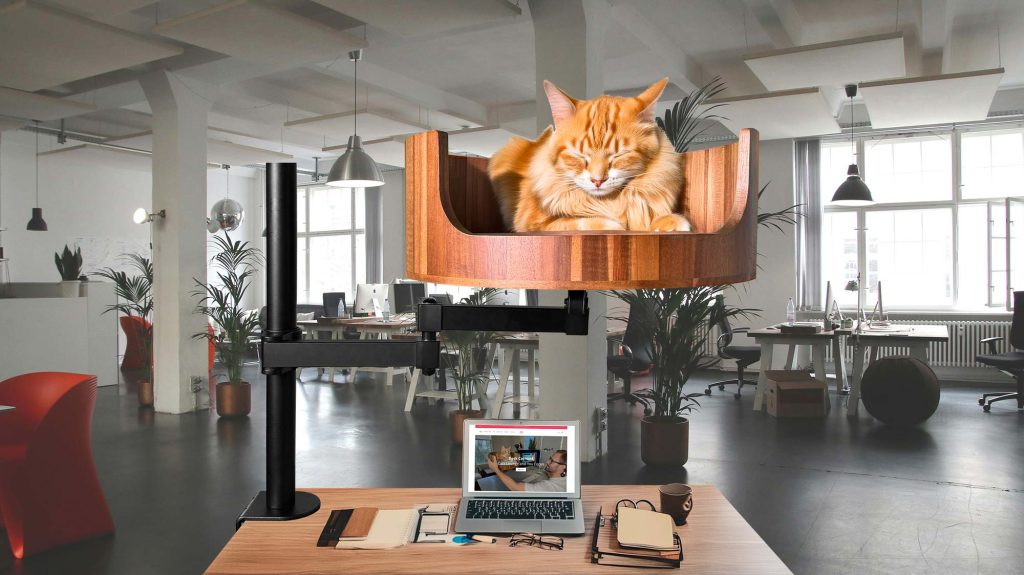It’s a scenario that many pet owners dread – discovering that their dog has eaten their cat’s poop. This oddly common behavior can leave owners feeling confused, grossed out, and even concerned for their pet’s health. But why do dogs engage in this behavior, and what can be done to prevent it? In this article, we will explore the reasons behind why dogs may eat their cat’s poop, the potential health risks associated with this behavior, and how pet owners can effectively address and manage this issue.
Many owners first encounter the issue of their dog eating their cat’s poop when they have both types of pets living under the same roof. This behavior can be particularly perplexing to owners who are not familiar with the reasons behind it. Some dogs are drawn to cat poop due to its high protein content, while others may engage in the behavior as a result of natural instincts or simply out of curiosity. Regardless of the underlying reason, it is essential for pet owners to understand the potential health risks associated with this behavior, such as the transmission of parasites or bacteria from the cat’s feces to the dog. By gaining a better understanding of why dogs engage in this behavior, owners can take proactive steps to prevent it and ensure the health and well-being of their pets.
1. Dogs eating cat poop is a common behavior known as coprophagia, often due to curiosity or a diet lacking in nutrients.
2. This behavior can pose health risks to the dog, such as ingesting parasites or bacteria present in the feces.
3. To prevent this behavior, ensure your dog is on a balanced diet and supervise them while outdoors to discourage poop consumption.
4. Training your dog to “leave it” or “drop it” can help deter them from eating cat feces.
5. If this behavior persists, consult with a veterinarian to rule out any underlying medical issues or behavioral problems.
Why Do Dogs Eat Cat Poop?
There are several reasons why dogs may be drawn to eating cat poop. One common explanation is that cat feces can have a strong smell and taste due to the high protein content in cat food. This can make it appealing to dogs, especially if they are attracted to the scent. Additionally, dogs are natural scavengers and may see cat poop as a potential source of food. In some cases, dogs may also eat cat poop as a way of mimicking natural behaviors such as hunting or territory marking.
Health Risks of Eating Cat Poop
While it may seem harmless for a dog to eat cat poop, there are actually several health risks associated with this behavior. Cat feces can contain parasites such as Toxoplasma gondii, which can be harmful to dogs if ingested. Additionally, bacteria present in cat feces can lead to gastrointestinal issues in dogs, including vomiting and diarrhea. Ingesting cat poop can also increase the risk of contracting diseases such as giardia or coccidia.
Preventing Dogs from Eating Cat Poop
To prevent dogs from eating cat poop, it is important to address the root cause of the behavior. One approach is to ensure that cats have a clean litter box that is inaccessible to dogs. This can help reduce the likelihood of dogs being tempted to eat cat poop. Additionally, training dogs to leave cat feces alone and rewarding them for following commands can be effective in curbing this behavior. It is also recommended to consult with a veterinarian to rule out any underlying health issues that may be contributing to the behavior.
Frequently Asked Questions
1. How can the Desk Cat Nest help with my dog eating my cat’s poop?
The Desk Cat Nest provides a designated area for your cat to use the litter box, keeping it out of reach from your dog. By placing the litter box in the Desk Cat Nest, you can prevent your dog from accessing the cat’s feces.
2. Is the Desk Cat Nest easy to clean?
Yes, the Desk Cat Nest is designed for easy cleaning. Simply lift the lid or remove the top portion of the nest to access the litter box and clean as needed. Regular maintenance can help keep the area clean and odor-free.
3. Will the Desk Cat Nest fit in my home?
The Desk Cat Nest is designed to fit in most homes and can be placed in a corner or against a wall. It is compact and space-saving, making it suitable for small living spaces.
4. Can my cat easily access the litter box in the Desk Cat Nest?
Yes, the Desk Cat Nest is designed to provide easy access for your cat. The opening is low enough for most cats to enter and exit comfortably, while still providing privacy for your cat while using the litter box.
5. Is the Desk Cat Nest durable and sturdy?
Yes, the Desk Cat Nest is made from high-quality materials that are durable and sturdy. It is built to last and can withstand regular use by your cat.
In conclusion, providing a Desk Cat Bed for your feline companion can significantly reduce the chances of your dog eating their poop. By creating a safe and designated space for your cat to eliminate waste, you can prevent your dog from being tempted by their litter box. Additionally, the raised design of the Desk Cat Bed helps keep your cat’s waste out of reach from curious pups, promoting a cleaner and healthier living environment for both pets. Investing in a Desk Cat Bed is a valuable choice that not only enhances your cat’s comfort but also contributes to your overall pet care routine.


